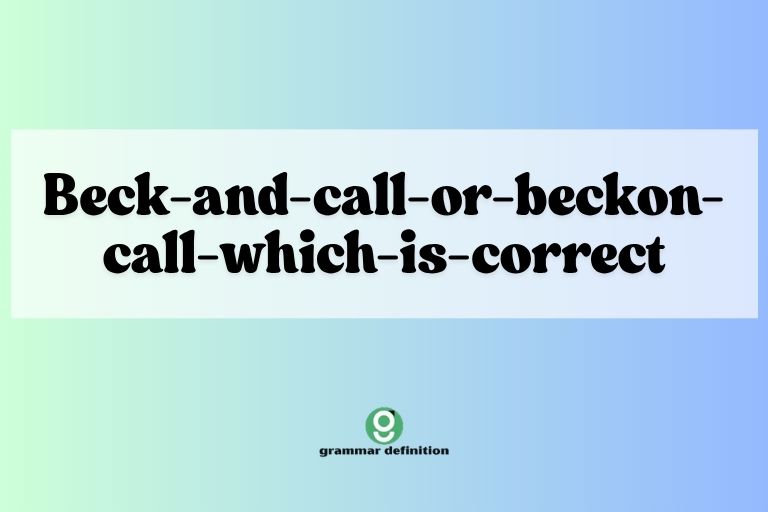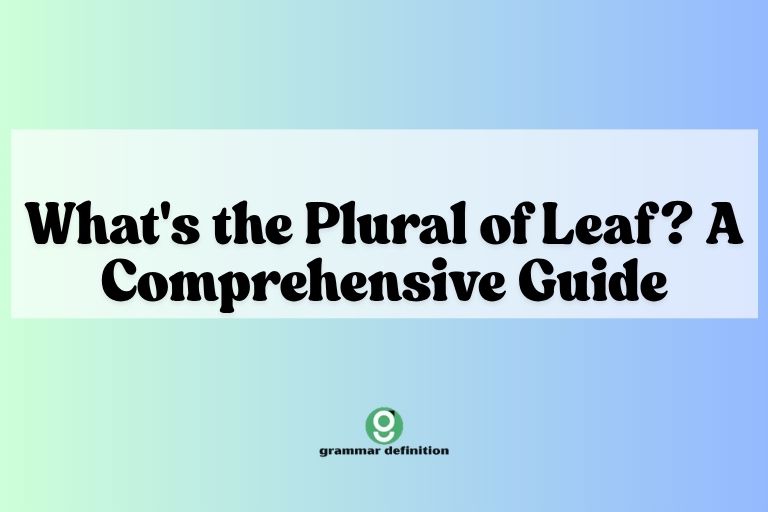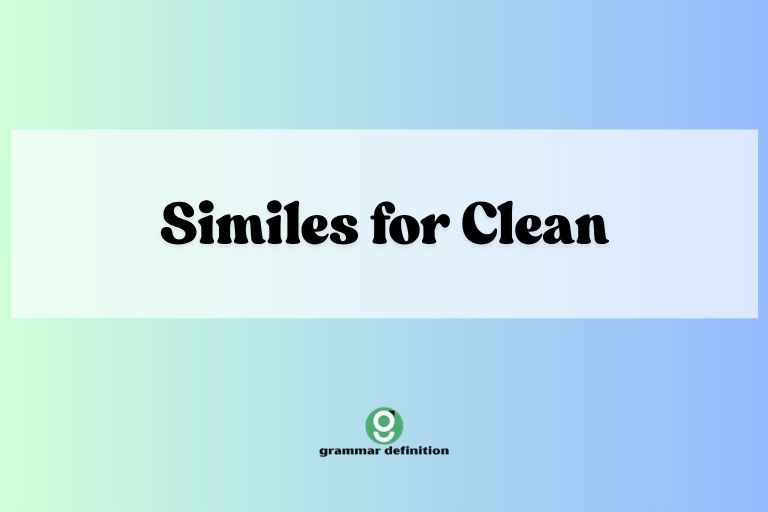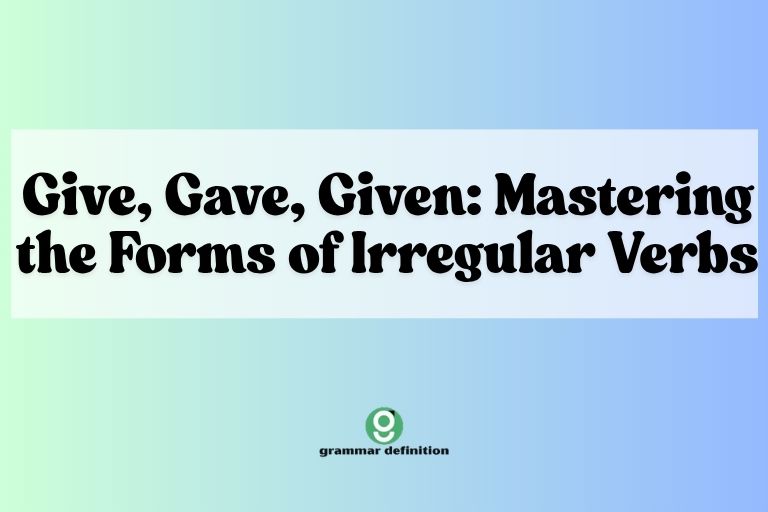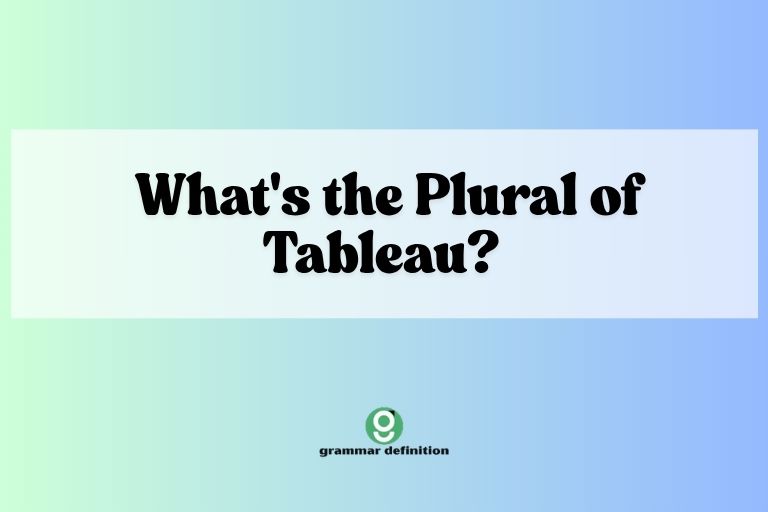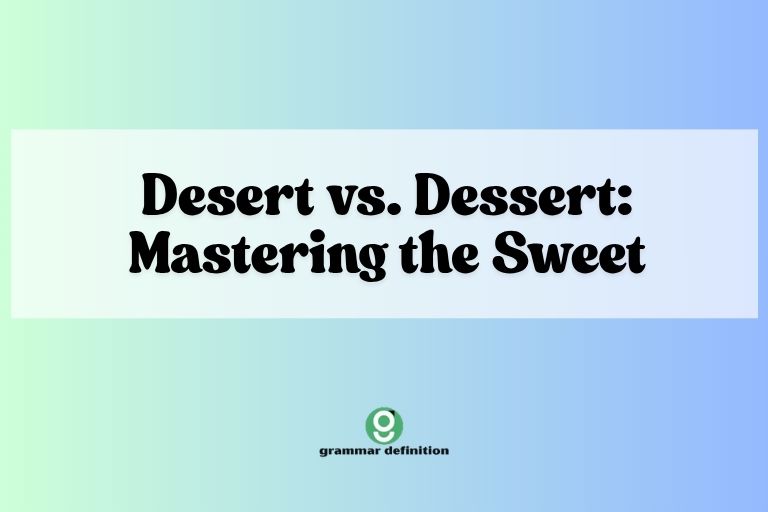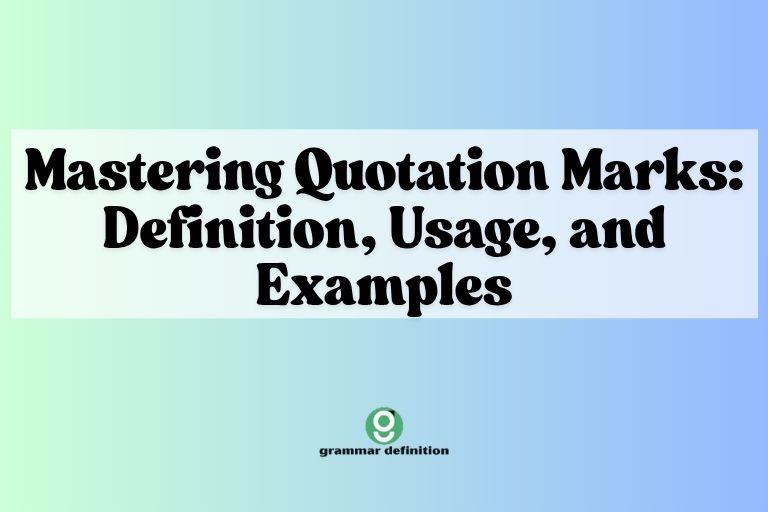“Beck and Call” or “Beckon Call”: Understanding the Correct Usage
The English language is full of phrases that sound similar but have distinctly different meanings. One such pair that often confuses learners is “beck and call” versus “beckon call.” While the latter might seem logical, only “beck and call” is the correct and idiomatic expression. Understanding the meaning and proper usage of “beck and call”…

